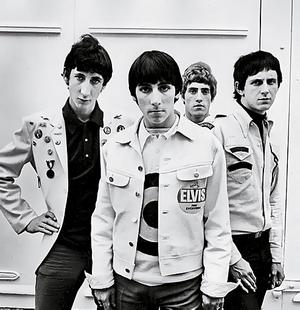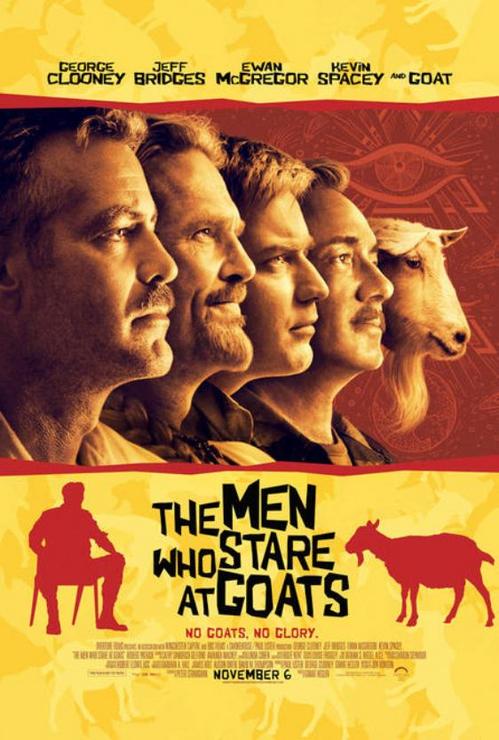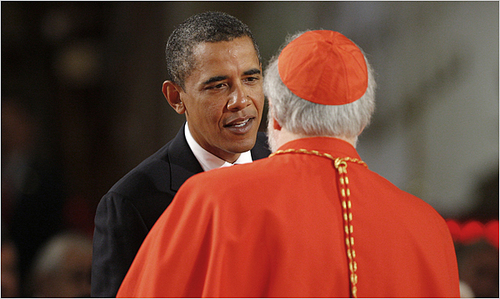When I was born people were still playing Victrolas and 78 rpm records. My father had a collection of Big Band records– Tommy Dorsey, Glen Miller, Benny Goodman etc. Then there were albums and 45s (i.e. singles), and then 8 tracks and cassettes, and then CDs, and finally MP3s and various variants thereof. The technology of recording has of course evolved in parallel with the delivery modes, with the most significant advance probably being the shift from analog to digital. But the latest development– the growth of the MP3 industry, and the decline of CD sales, record companies, artist contracts and the like is at the end of the day not an advance, but a retreat a retrograde development in various ways, not least because we are talking disembodied music of lower sound quality.
Now perhaps the IPod and MP3 generation cannot really tell the difference between the sound of an MP3 and the sound of a song on a CD played through good speakers, but anyone who is or has been a serious musician or audiophile can certainly tell the difference, and it is noticeable and telling. MP3s should not be anyone’s music format of choice. Of course it is true that MP3s are convenient, easily downloadable into your Itunes (or other formats) accounts and onto your IPods. And yes you can plug your IPod into your car speakers and use them that way, though there is definitely some lose in sound quality doing that as well.
While all of this is problematic enough, what is even more disturbing is the severing of the music from the artist, the art work, the liner notes, the credits, and the explanations. Apparently this Gnosticizing of modern music doesn’t bother most of the Ipod generation. Apparently they don’t much care what went into the creation of this or that song, or the stories of this or that artist, or even the intentions and meanings of the lyrics.
Apparently today its almost entirely about and not above the level of sophistication of “I like the way this sounds in my earbuds”. This is beyond sad. And then there is the problem of the ripping off of music that is available online such that the artist is not paid for his hard work and creativity by ever so many people. This is cyber piracy which could just as easily be compared to the piracy off the coast of Somalia, except that while the artist isn’t losing his life, he often is losing his livelihood.
Disembodied music is so very different than say what made music special in the 60s and 70s. We had concept albums (see the Moody Blues Question of Balance or Pink Floyd’s Dark Side of the Moon etc.) with gatefold albums and incredible art on all four sides of the sleeve. There were notes explaining the songs, and clues about their meanings, and the albums were worth keeping, the music worth pondering again and again. Much of this music was both memorable and memorizable, not disposal, like so much of popular music is today. It is not at all clear to me that a good deal of the technological revolution has been good for good music, be it rock or jazz or classical or even country.
Now some aspects of the technology when it comes to performance are real blessings, for example the various sorts of sound boxes you can hook up to keyboards and guitars etc. these days, which allow more creativity. But these advancements are off set by the decline when it comes to the packaging and context and art and aesthetics of good music at the delivery system end of things.
No wonder there has been a revival of interest in buying vinyl, buying actual 33 and a third albums. Somebody noticed something was missing in music these days. And of course I could talk about the degeneration of pop music into rhythmic talking with borrowed sampling of earlier rock tunes, but I won’t go there in this post. Not all hip hop and rap is disgustingly vulgar and bad lyrically and weak musically, but far too much of it is.
I was privileged to go to a private concert by Phil Keaggy and Shake Anderson this week in Mitch Barnhardt’s house here in Lexington. Shake of course was a member of Earth, Wind and Fire before he really gave his life and musical talents to fulltime service to the Lord, and Phil Keaggy is a marvel unto himself– one of the best guitar players of any genre ever, and a wonder writer of songs as well, still creative in his late 50s.
What struck me from talking with both Phil and Shake during the break is the profound sadness they feel for the demise of good popular music. Shake and I could have talked for a while about the decline and fall of real soul music of the classic sort, and the same could largely be said of rock music. There are no giants left in the land, except a few walking dinosaurs. And some of those dinosaurs have become mere shadows and parodies of themselves. If you want to know why so many artists are doing classic rock concerts these days,and why the tickets are so high in cost, it is because this is the only way that most of them can really make any money anymore. You may thank the Mp3 online revolution for a good deal of this demise.
I hope the 21rst century has some more new wrinkles up its sleeve when it comes to popular music of various sorts, but I am not encouraged by the growth of the MP3 market in the land like cudzu growing over old growth trees and the parallel decline of CD sales, record companies and decent contracts for artists. This is not, on the whole, an advance to a bold new frontier. It is a sign of decline, and a sign of a lack of caring about the quality, context, artistry, and aesthetics that have heretofore been part of the musical package.
While it is not listed in the Bible as a sign that the eschaton is at hand that a band like the Eagles once noted for its political commentary, would sell out to exclusive marketing by Walmart and to obscene concert ticket prices, it surely does not augur anything good about the future of good music in the land. And dat’s all I got to say ’bout dat.


